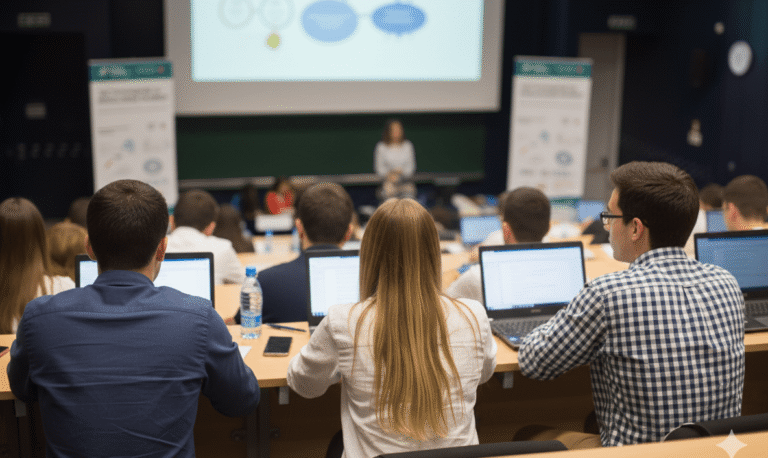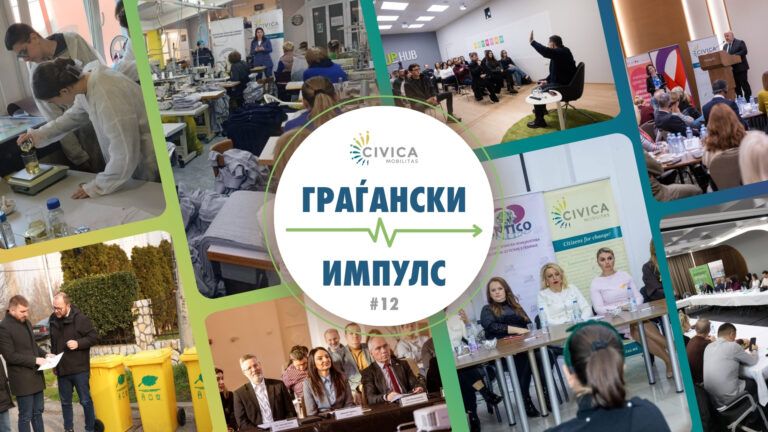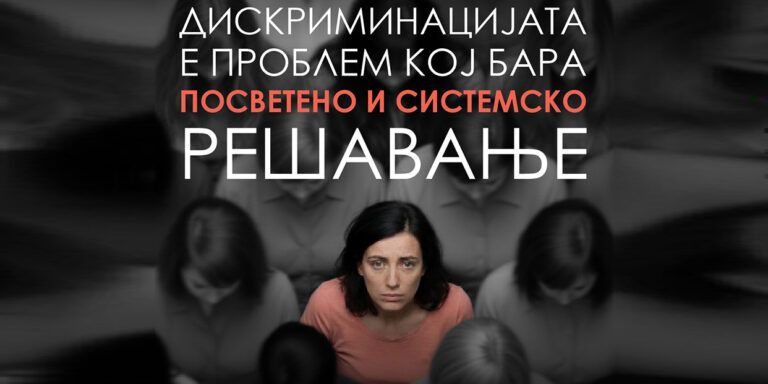Рegional forum “Mines – Yes or No?“: More than clear, all are for NO!
Four mayors, the representative of the civic initiative and Head of the Center for Development of the Southeastern planning region were the panelists of the regional forum “Mines – Yes or No?”, held on 5 December 2017 in Strumica, regarding the actual situation of the already opened mines, as well as the given concessions for opening of new mines in Southeastern Macedonia. The hall in the House of ARM in Strumica was full with citizens and activists.

The debate was dynamic from the very beginning. All the panelists clearly stated that they were against the mines, and that they would fight for the closure of the opened ones, and the new ones never to be opened.
The mayor of Valandovo, Pero Kostadinov, was decisive in his response to the question asked by the moderator Lupevska Sozen, whether he would resign if the problem with the mines in his municipality was not solved: “In the case of failure to close the mines, all options are open – resignation, civic disobedience, we will do everything that is necessary to be done”. Kostadinov, who previously was an activist against the mines, was decisive that even now, as a mayor, he has not changed his point of view. “It is our obligation to fight to make the mines stop working, using all possible mechanisms”, the mayor of Bogdanci said. “Such mines should not exist”, continued the mayor of Dojran, Ango Angov, while the mayor of Gevgelija, Saso Pockov, said that the message of the referendum held in Gevgelija was clear and that he thought that this problem would be already solved in this phase. Zulieta Gurkova, Head of the Center for Development of the Southeastern planning region, said that this region was a factory that fed whole Macedonia. If in the vicinity of 50 kilometers there is a heavy industry, there will be no more organic production of agricultural products. Simona Getova, from the Initiative “Southeast against the mines”, stated that more than 40.000 citizens said no to the mines and that this dilemma was already overcome. “Now we should talk of how to stop these mines, she said, and added: “We, the citizens, that expressed ourselves against the mines will do everything that is in our power, even everything that is not in our power, not to have mines in Southeastern Macedonia”.

The people present in the hall also got involved in the debate. It was mentioned that these 86 licenses for new mines which were awarded by the previous Government in only one day, represent a great threat for the health of the people and agriculture as the main economic branch in the region. The citizens and activists were strong in their standpoints, saying that this is a serious problem and that “this is a genocide of over 400.000 citizens of the Republic of Macedonia” according to one person, “not only for this region, but also for whole Macedonia, as well as Bulgaria and Greece”, according to another person.
The only person in the hall who had different points of view was Nikolajco Nikolov, the Executive Director of the Bucim mine from Radovis and president of the Macedonian Mining Association, who said that this reaction comes too late and that many people easily use the terms “poisoning”, cyanide lakes”, etc. He invited the participants to visit the Bucim mine and to see on their own how the company worked. Many of the participants reacted loudly to his points of view regarding this issue.
Liljana Popovska, MP in the Parliament of the Republic of Macedonia, was among the participants, and she concluded that the mines Ilovica and Kazandol, could already be closed, because many terms identified in the contracts were breached. She stated that it was identified afterwards that some of them received the concessions in order to sell them, without starting any investment at all.
So far, in this region, six referenda to stop the mines were held, of which three were successful.






![Sre]ni praznici(2)](https://civicamobilitas.mk/wp-content/uploads/2025/12/sreni-praznici2-768x432.jpg)
